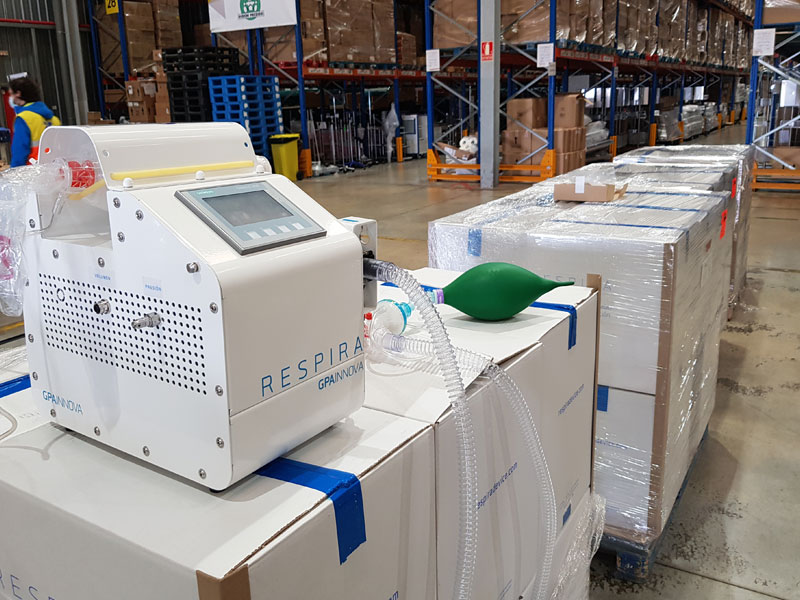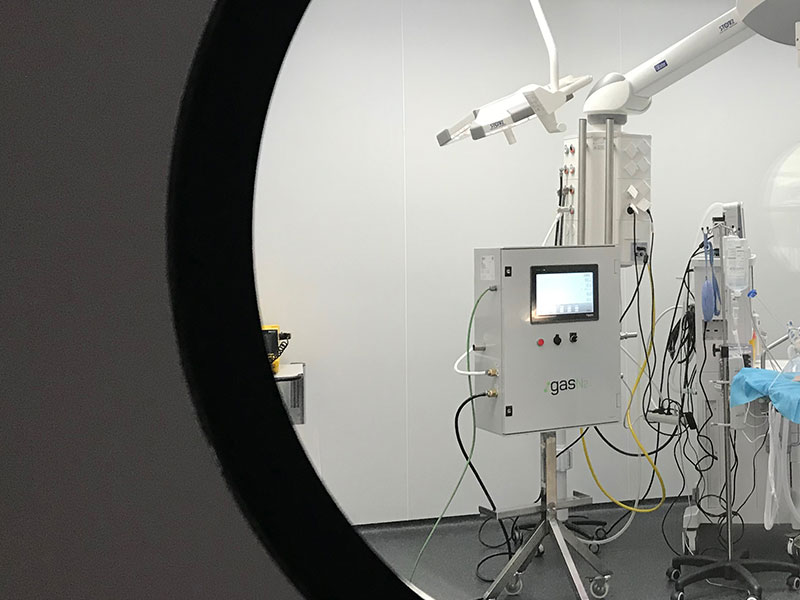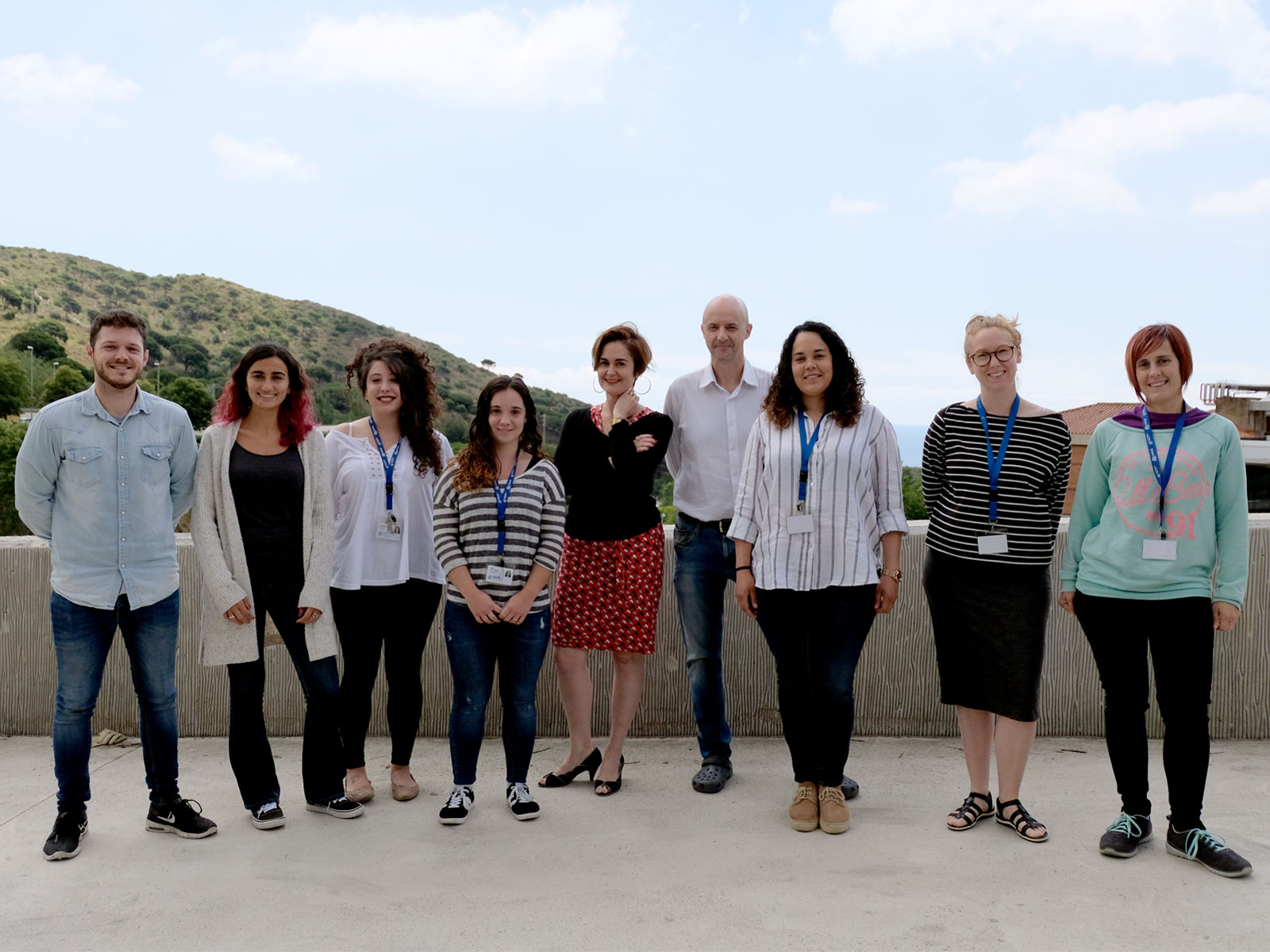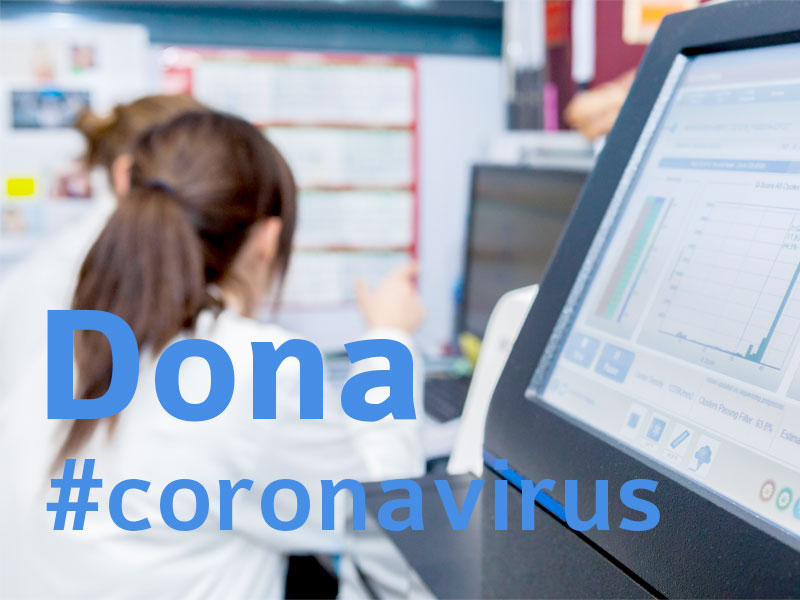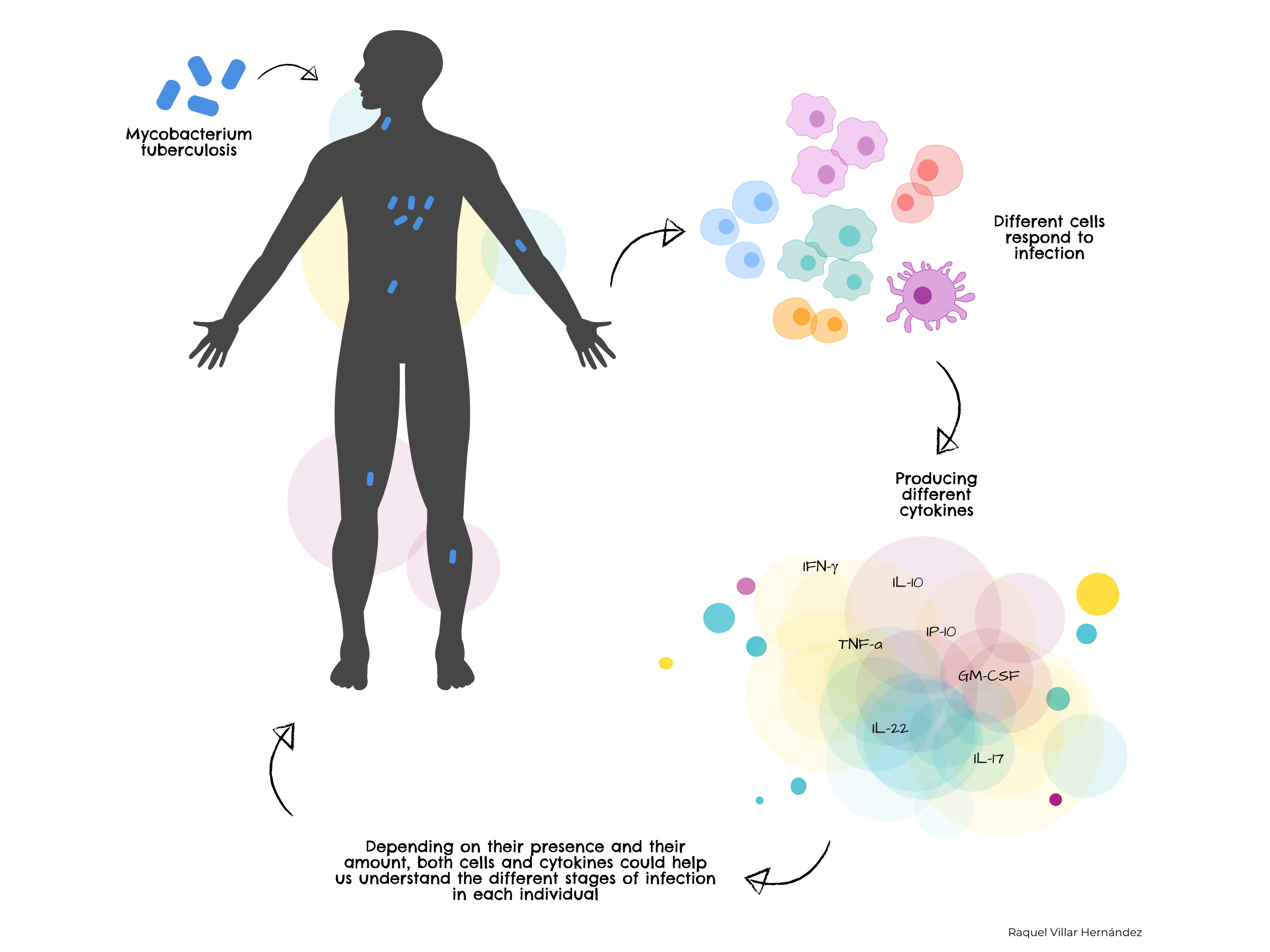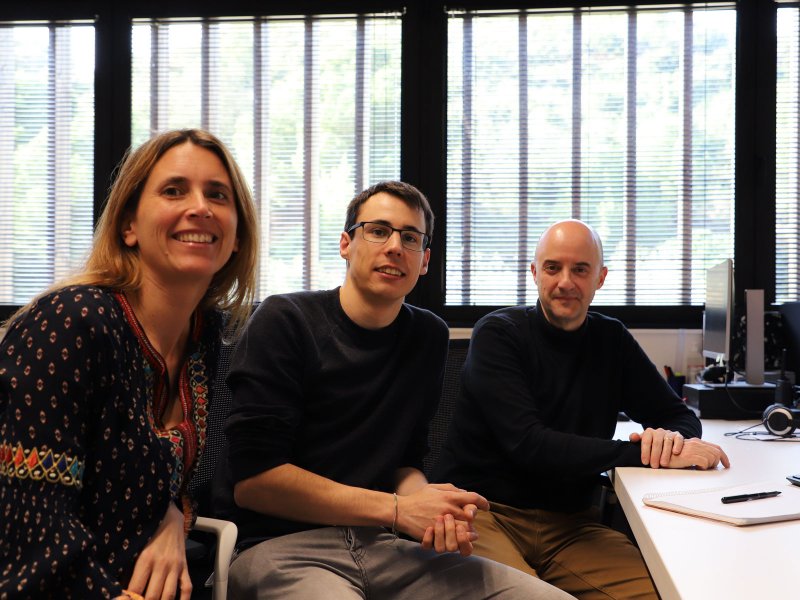Analysis of the first sample of replies to the citizens’ questionnaire on the impact of the coronavirus pandemic
The study has collected close to 62,000 replies to the questionnaire in only 15 days so far. The researchers have carried out the analysis of the results for this initial period. The questionnaire is still available in four languages (and soon in five) and will continue to collect information during the coming phases of the pandemic.



